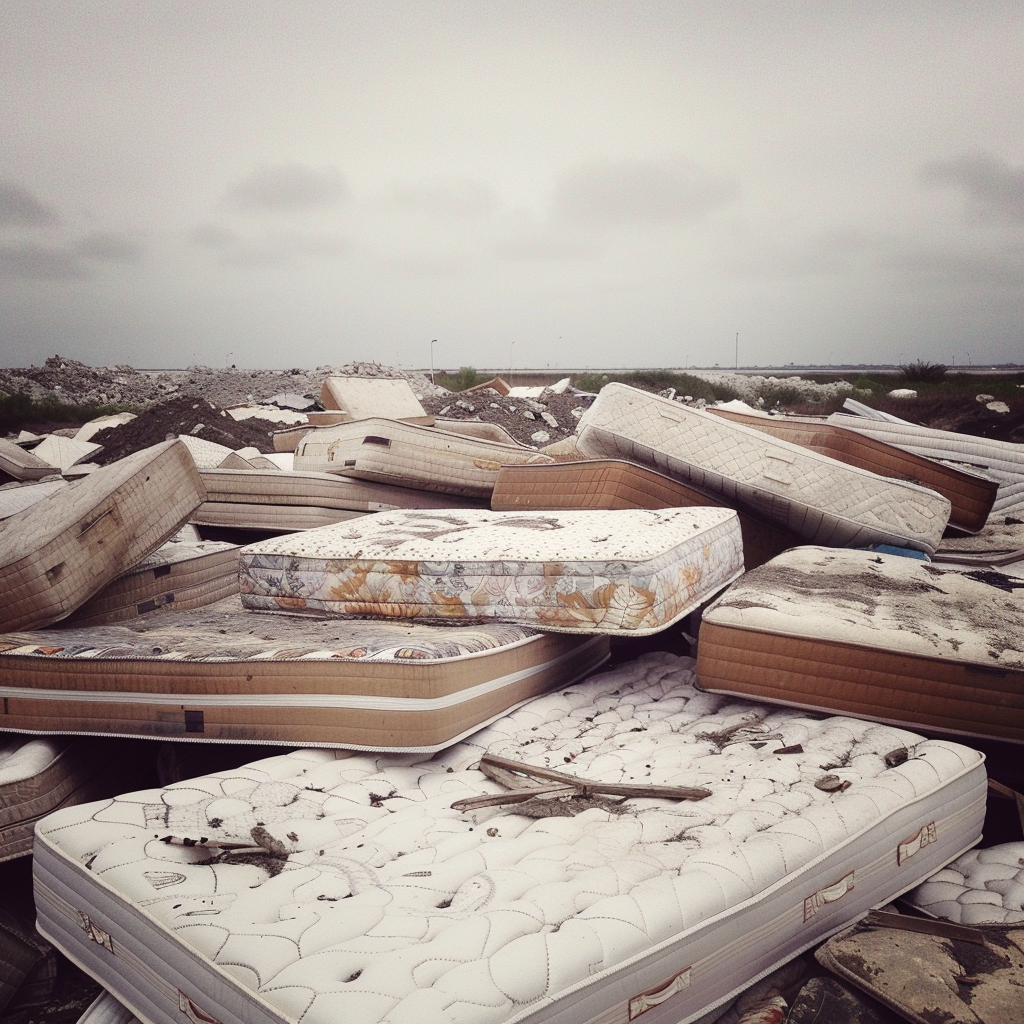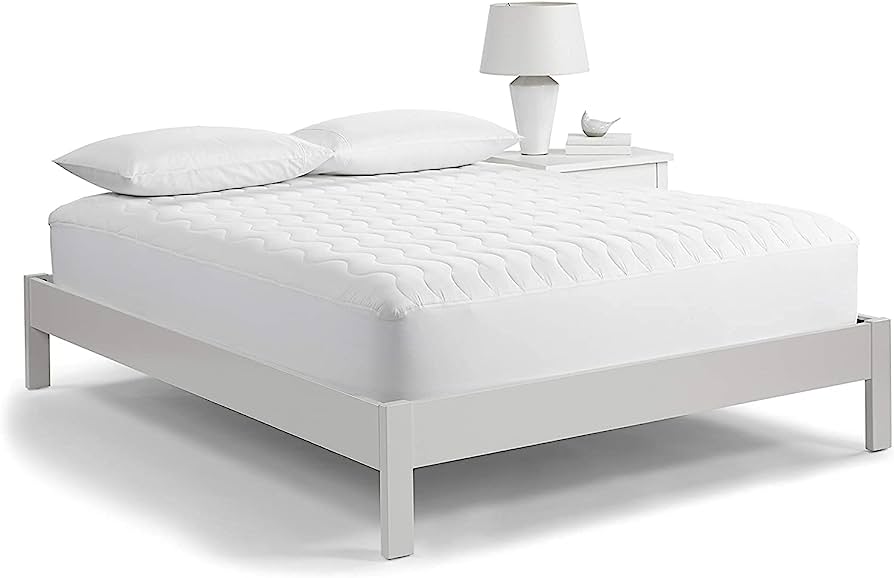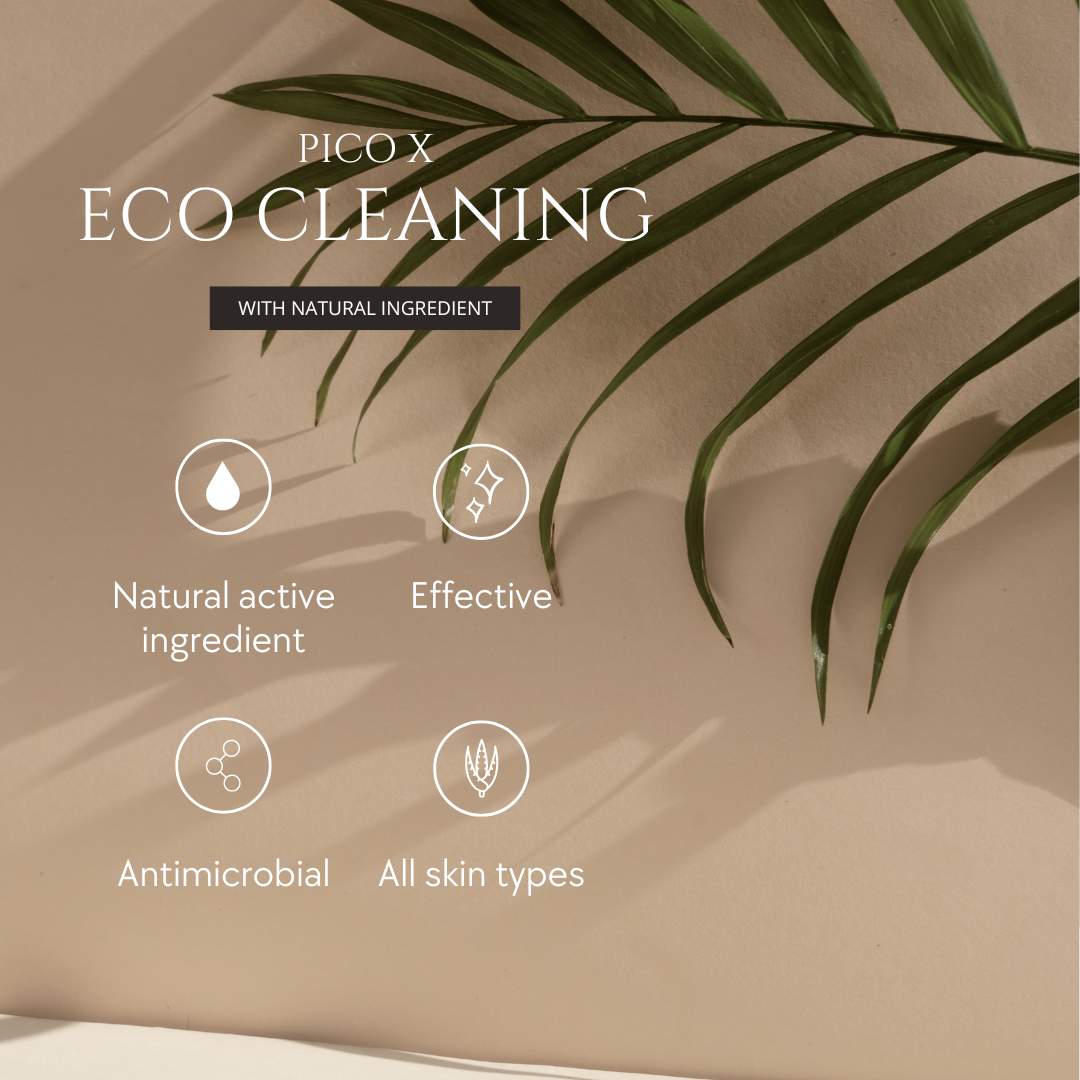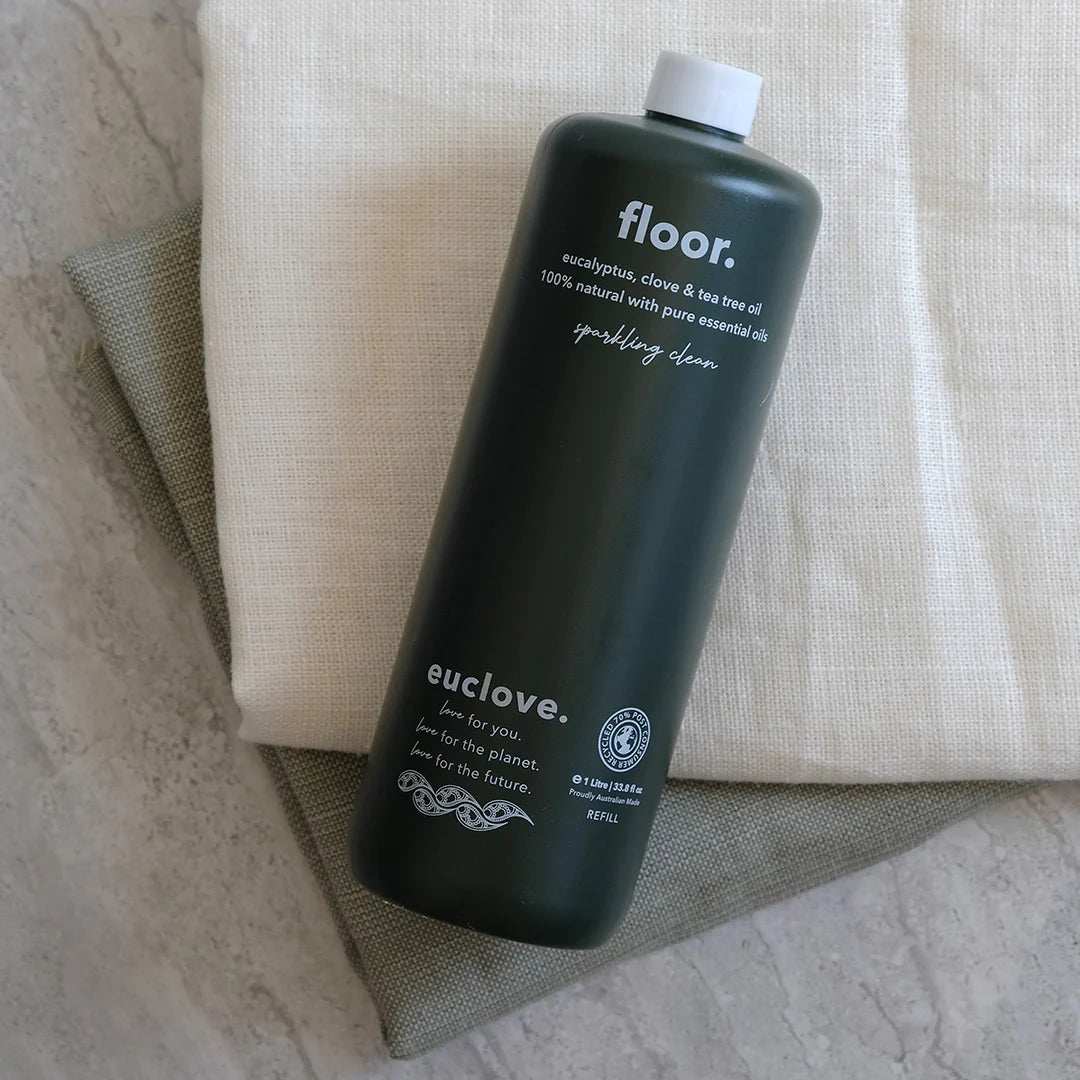-

Adoption of Antimicrobial Coating In The Hospitality Industry
-

Antimicrobial Coated Mattress For A Safe Night's Sleep
-

A safe way to improving indoor air quality and prevent mould at home.
-

Antimicrobial Coatings on Mattresses
-

Antimicrobial Coatings: A Revolution in Home and Commercial Space Hygiene
Adoption of Antimicrobial Coating In The Hospitality Industry
- 3分钟阅读时间
The Adoption of Antimicrobial-Coated Mattresses in Hotels: A Research Perspective

The hospitality industry continually seeks innovative solutions to enhance guest satisfaction and ensure health and safety. The adoption of antimicrobial-coated mattresses is one such innovation gaining traction globally. This research-oriented article explores the impact of this technology on hotel operations, guest experiences, and industry practices, while also examining the extent of its adoption.
Overview of Antimicrobial-Coated Mattresses
Antimicrobial-coated mattresses are treated with agents that inhibit the growth of bacteria, fungi, and other microorganisms. This technology aims to maintain a hygienic sleeping environment, reduce allergens, and extend the lifespan of mattresses. The benefits are particularly relevant in the context of the COVID-19 pandemic, which has heightened awareness of cleanliness and health safety in public spaces.
Health and Hygiene Benefits
Reduction in Microbial Load
Research shows that antimicrobial coatings can significantly reduce the microbial load on mattress surfaces. Studies conducted in clinical settings demonstrate that surfaces treated with antimicrobial agents have lower levels of bacteria and fungi compared to untreated surfaces. This reduction is critical in preventing the spread of infections and maintaining a hygienic environment in hotel rooms.
Allergy Mitigation
Allergens such as dust mites are common in traditional mattresses. Antimicrobial coatings can reduce the presence of these allergens, thereby providing relief to guests with allergies. Research supports the effectiveness of antimicrobial agents in controlling dust mite populations, contributing to a healthier sleep environment.
Environmental and Economic Impact
Extended Mattress Longevity
Antimicrobial coatings help protect mattresses from degradation caused by microbial activity, thereby extending their useful life. This extension reduces the frequency of mattress replacements, leading to cost savings for hotels. Additionally, fewer replacements mean reduced environmental impact due to less waste.
Reduced Chemical Use
Maintaining hygiene in hotel rooms typically involves the use of various chemical cleaners. Antimicrobial mattresses require less frequent and less intensive cleaning, which translates to a reduction in the use of harsh chemicals. This practice supports environmentally sustainable operations and aligns with the growing preference for eco-friendly hospitality solutions.
Market Adoption
Global Trends
The adoption of antimicrobial-coated mattresses is increasing, driven by heightened awareness of hygiene and guest safety. Leading hotel chains across North America, Europe, and Asia have started to incorporate this technology into their guest rooms. For example, several luxury hotel brands have publicly announced partnerships with manufacturers of antimicrobial bedding products to enhance their health and safety protocols.
Case Studies
1. Marriott International: Marriott has implemented antimicrobial treatments in several of its properties as part of its comprehensive health and safety standards. The initiative aims to provide an extra layer of protection for guests.
2. Hilton Hotels & Resorts: Hilton has integrated antimicrobial technology into its CleanStay programme, emphasising enhanced room sanitation and guest safety. This programme includes the use of antimicrobial-coated mattresses in selected properties.
3. AccorHotels: Accor has adopted antimicrobial mattress coatings in its upscale and luxury segments, promoting the innovation as part of its commitment to guest well-being and environmental sustainability.
Adoption Rates
While precise data on the number of hotels adopting antimicrobial mattresses is limited, industry reports suggest a growing trend. Surveys conducted by hospitality industry associations indicate that an increasing percentage of hotels are exploring antimicrobial solutions as part of their health and safety upgrades. As of 2023, it is estimated that around 20–25% of major hotel chains globally have incorporated antimicrobial mattresses into their operations, with the number expected to rise as the technology becomes more accessible and cost-effective.
The adoption of antimicrobial-coated mattresses in hotels represents a significant advancement in ensuring guest health and safety. Research supports the efficacy of these coatings in reducing microbial load and allergens while also offering economic and environmental benefits. As more hotels embrace this technology, the industry sets a new standard for hygiene and guest comfort. The ongoing shift towards antimicrobial solutions reflects broader trends in public health awareness and sustainable practices, positioning the hospitality sector for a safer and more resilient future.
标签
-

Best Fabric Refresher 2023
-

Looking for the Best Cleaning Services in Singapore?
-

Benefits Of Essential oil Based floor cleaners - Eucalyptus, Clove and Tea Tree
-

Top ten cleaning services in Singapore?









